March 2017
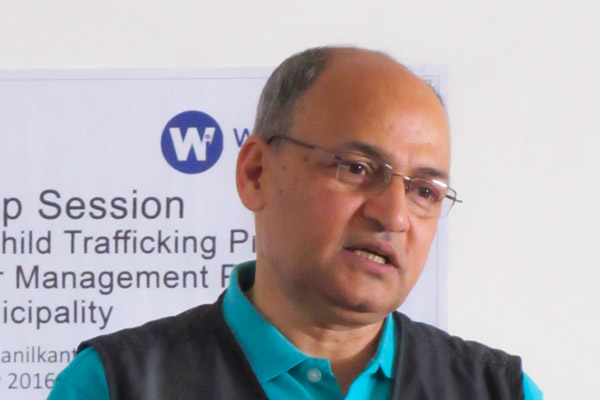
CLEAR II’s Prescription for Success
March 24, 2017
How does a degree in pharmacy lead to a career fighting child labor in Nepal? Uddhav Poudyal, country coordinator for Winrock’s Country Level Engagement and Assistance To Reduce Child Labor II (CLEAR II) project, has spent his life finding out. A native of Kathmandu, Poudyal (pictured above, left) traveled to India’s Nagpur University in 1976 […]
Winrock Mourns the Passing of David Rockefeller (1915-2017)
March 21, 2017
David Rockefeller, banker, philanthropist and the last surviving grandson of Standard Oil founder John D. Rockefeller, passed away March 20, 2017, at his home in Pocantico Hills, New York. He was 101. He was brother to both Winthrop and John D. Rockefeller III, who founded two of the organizations from which Winrock International was formed in 1985. […]
Tower Power!
March 17, 2017
In Georgia’s Kakheti province, the city of Telavi is an administrative hub – so it’s no surprise that it’s also become a forward-thinking innovation center. Telavi recently unveiled Energy Central, an energy tower that provides electricity and heat for Telavi City Hall. Financed by USAID’s Enhancing Capacity for Low Emission Development Strategies (EC-LEDS) Clean Energy […]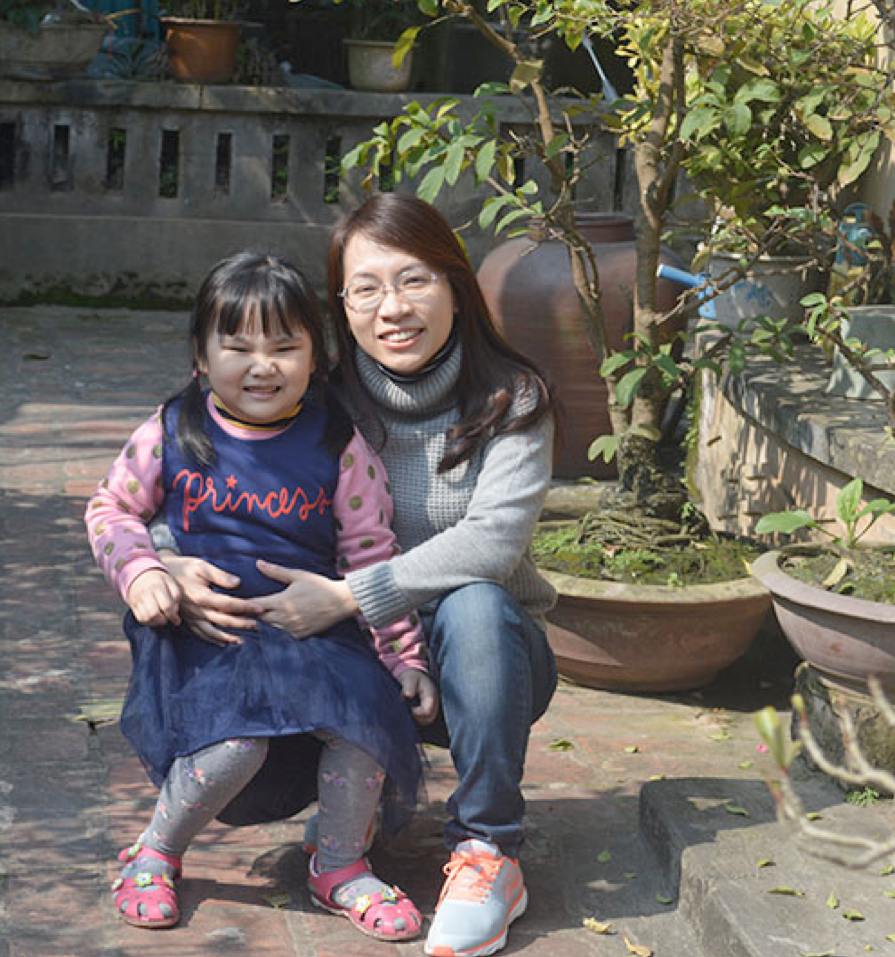
Tran Kieu Anh
March 15, 2017
This portrait is part of the USAID Vietnam Clean Energy Program’s series on women champions in the Vietnamese construction sector, featuring women who have made strides in this male-dominated field, coming from diverse backgrounds and with different interests, but bound together by the common themes of a strong work ethic, love of country, a strong […]
Nguyen Thi Hong Khanh
March 15, 2017
This portrait is part of the USAID Vietnam Clean Energy Program’s series on women champions in the Vietnamese construction sector, featuring women who have made strides in this male-dominated field, coming from diverse backgrounds and with different interests, but bound together by the common themes of a strong work ethic, love of country, a strong […]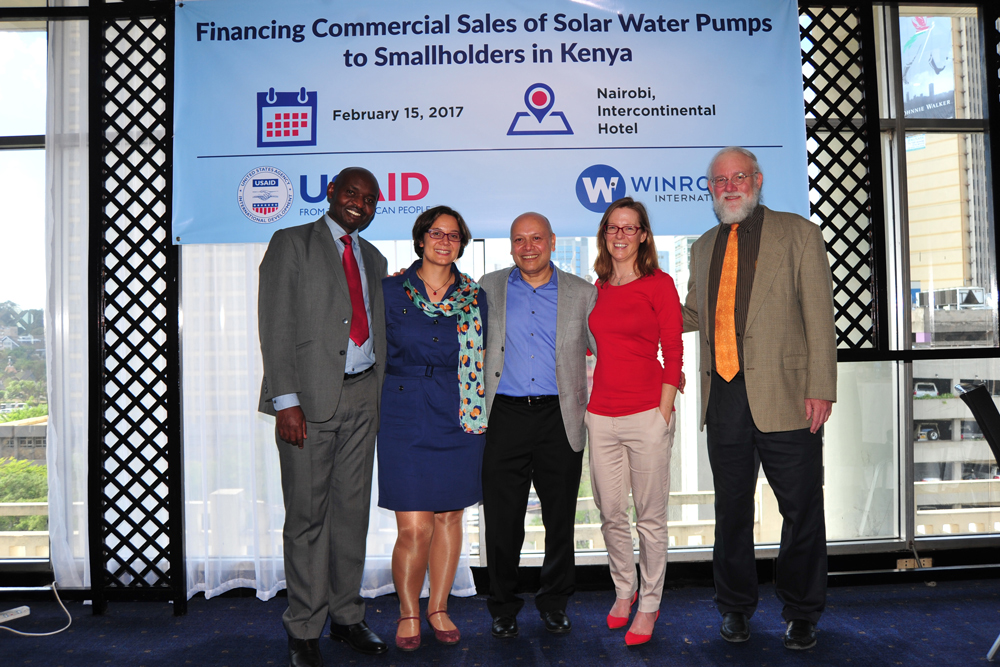
In Kenya, Blue Skies for Solar Water Pumps
March 14, 2017
By Jenn Holthaus Solar water pumps can greatly boost incomes by improving yields and allowing farmers to grow high-value horticulture crops during the dry season. On February 15, Winrock hosted a convening in Nairobi to discuss smallholder financing for these pumps. Through the USAID/Kenya Smallholder Solar Irrigation project, Winrock has spent two years working to […]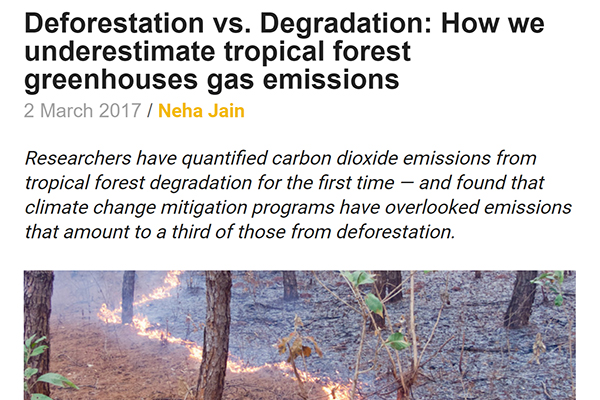
Winrock research featured by Mongabay
March 8, 2017
Click here to learn how Winrock scientists quantified forest degradation emissions for the first time.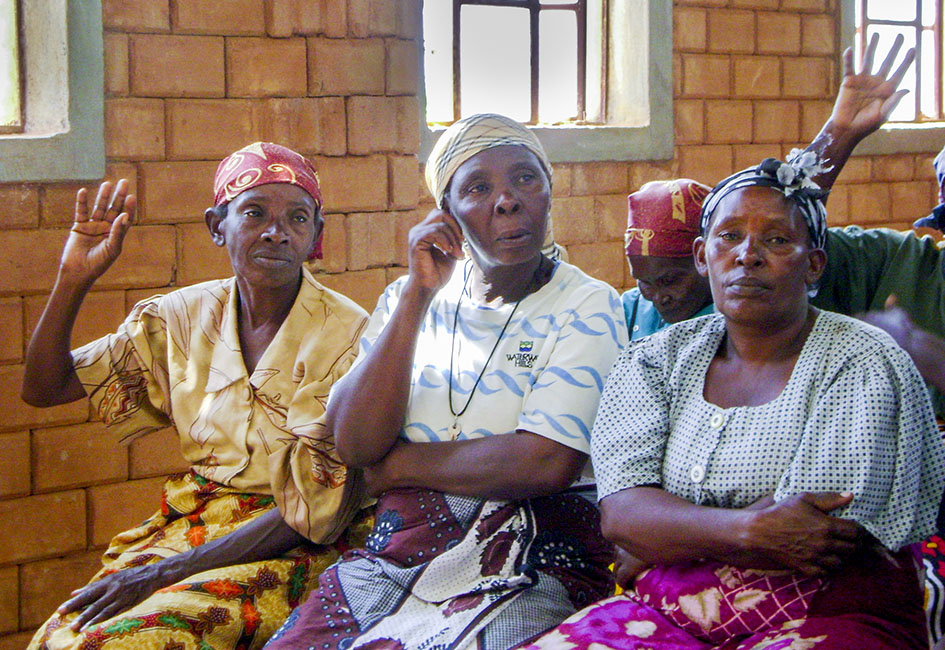
In Rural Kenya, Women Find Livestock They Can Call Their Own
March 7, 2017
As we celebrate International Women’s Day, Winrock International salutes women smallholders all over the world. DeAnn McGrew, Winrock’s director of agriculture and volunteer programs, talks about a time when everything came together to help women in Kenya — the USAID-funded Partnership for Safe Poultry in Kenya (PSPK) program. Tell us about the Partnership for […]
Winrock’s Amit Bando to Speak at U.C. Berkeley’s Blum Center for Developing Economies
March 7, 2017
On Monday, March 13, Winrock’s Senior Director of Clean Energy, Environment and Water Amit Bando will speak to an interdisciplinary faculty and student group at U.C. Berkeley’s Blum Center for Developing Economies. The Blum Center is a research hub for Ph.D. students, researchers and scholars. As part of the Center’s DevEng seminar, Bando will discuss […]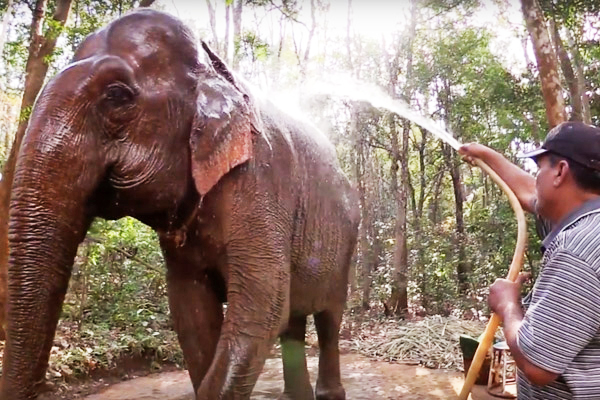
Saving Sambo
March 2, 2017
The question is not “Can they reason?” nor “Can they talk?” but rather “Can they suffer?” — Jeremy Bentham Sambo the elephant and her owner, Sin Sorn, have much in common. In the 1970s, Khmer Rouge soldiers killed Sambo’s four siblings and sliced her feet with machetes. They sent Sorn out to dig ditches and murdered […]